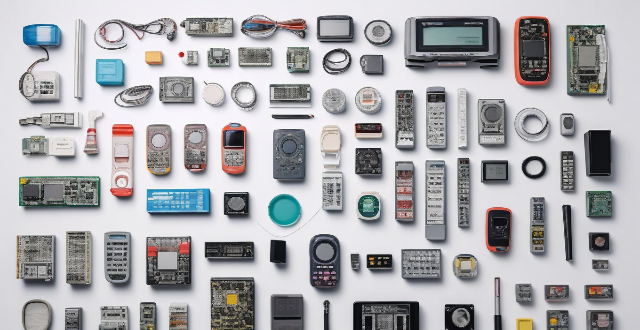Speed controllers are essential devices used in various industries to regulate the speed of machinery and equipment. They ensure efficient, safe, and precise operation by adjusting speeds according to production requirements, load conditions, and safety standards. Common applications include manufacturing conveyor belts, machine tools, packaging machines, automotive engine testing, chassis dynamometers, textile winders and twisters, food and beverage bottling lines, energy fans and blowers, construction concrete mixers, and crane systems. Overall, speed controllers contribute significantly to the smooth functioning and productivity of these industries.

Common Applications of Speed Controllers in Industries
Speed controllers are devices that regulate the speed of machinery, equipment, or processes. They are widely used in various industries to ensure efficient and safe operation. Here are some common applications of speed controllers:
Manufacturing Industry
- Conveyor Belts: Speed controllers are used to adjust the speed of conveyor belts to match the production rate and prevent product damage.
- Machine Tools: They control the speed of machine tools such as lathes, mills, and drills to ensure precise machining.
- Packaging Machines: Speed controllers regulate the speed of packaging machines to match the packaging rate with product flow.
Automotive Industry
- Engine Testing: Speed controllers are used to test engines at different speeds and loads.
- Chassis Dynamometers: They simulate different driving conditions by controlling the speed of the dynamometer.
- Manufacturing Lines: Speed controllers regulate the speed of assembly lines and painting systems.
Textile Industry
- Winders and Twisters: Speed controllers regulate the speed of winders and twisters to ensure uniform yarn tension.
- Texturing Machines: They control the speed of texturing machines to achieve desired texture effects.
- Knitting Machines: Speed controllers adjust the speed of knitting machines to match production requirements.
Food and Beverage Industry
- Bottling Lines: Speed controllers regulate the speed of bottling lines to match production rates and prevent spillage.
- Mixers and Blenders: They control the speed of mixers and blenders for proper mixing and consistency.
- Conveyors: Speed controllers adjust the speed of conveyors to match production rates and prevent product damage.
Energy Industry
- Fans and Blowers: Speed controllers regulate the speed of fans and blowers to control airflow and temperature.
- Pumps: They control the speed of pumps to regulate fluid flow and pressure.
- Compressors: Speed controllers adjust the speed of compressors to match demand and optimize energy consumption.
Construction Industry
- Concrete Mixers: Speed controllers regulate the speed of concrete mixers for proper mixing and consistency.
- Crane Systems: They control the speed of crane systems for safe lifting and lowering operations.
- Conveyors: Speed controllers adjust the speed of conveyors to match material flow rates.
In conclusion, speed controllers play a crucial role in various industries by ensuring efficient, safe, and precise operation of machinery, equipment, and processes.